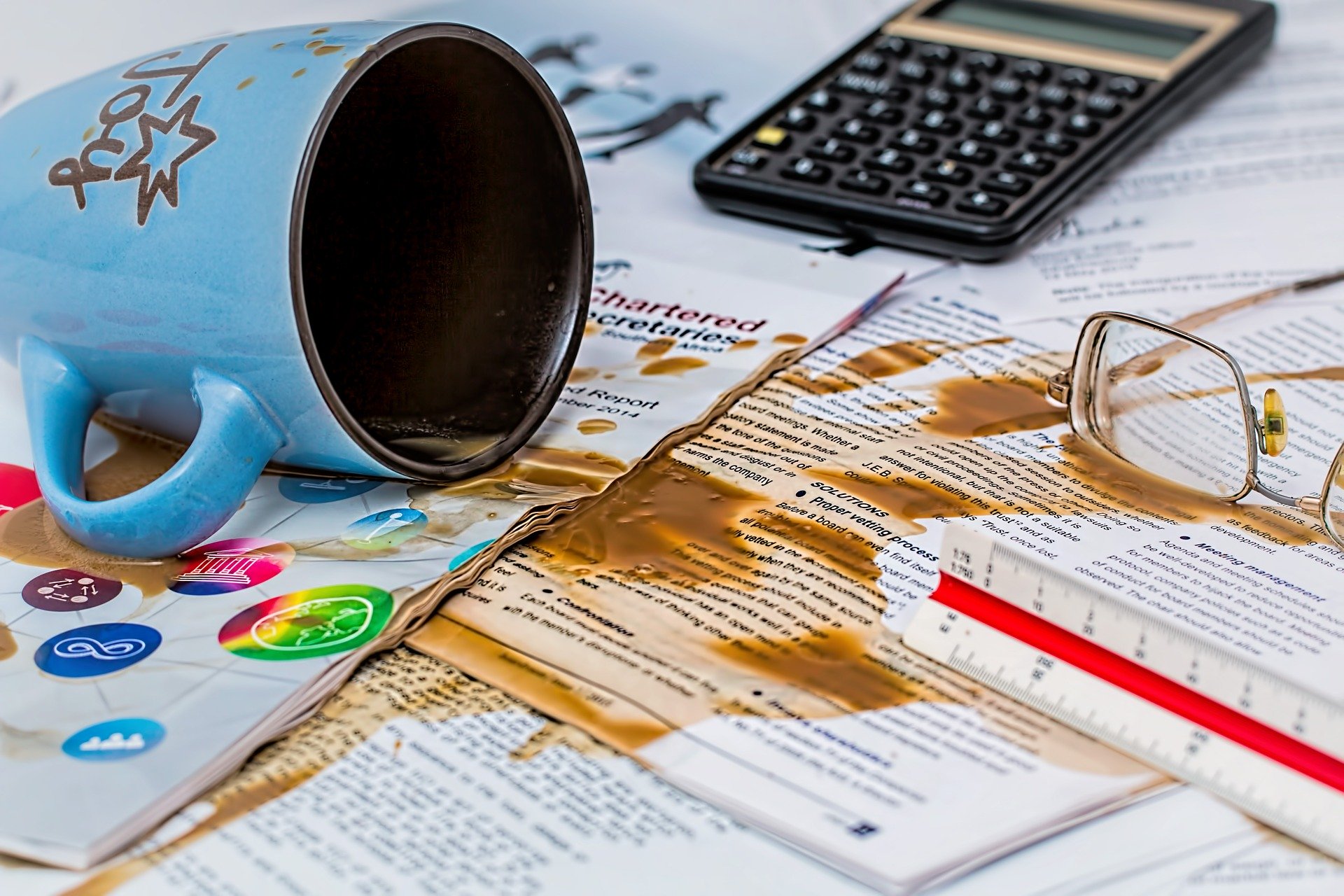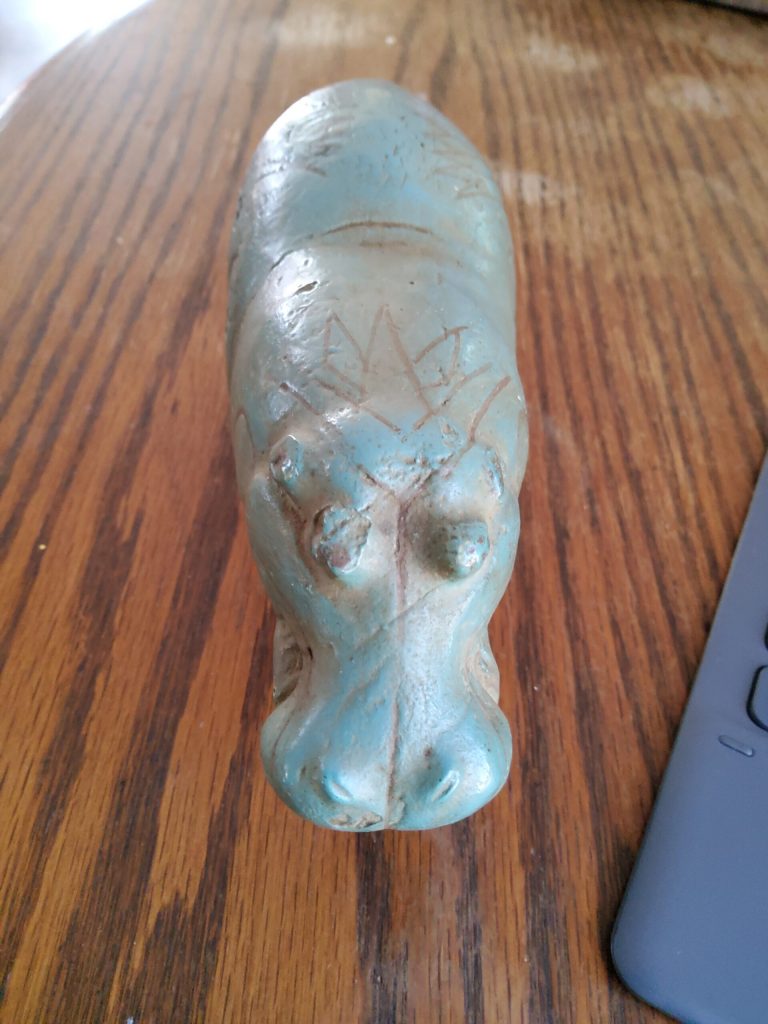When Experts Make Mistakes
Anyone can make a mistake. That includes the experts we need to depend on in order to make decisions in difficult situations. So what do we do about this possibility of error?
This problem becomes particularly acute in our minds in a time of fear. When we are afraid, we often seek something certain to hold onto. We don’t like solutions that are possible, partial, or even probable. We want certainty.
Then we find out that experts have made mistakes, most likely because two experts disagree.
I have a favorite saying, which I suspect was popularized by Voltaire, who adapted it from an Italian proverb.
The perfect (or the better) is the enemy of the good.
Most of us are simply too uninformed to have a valid opinion (on our own) about a pandemic. I certainly am. And let me note that if you come forward claiming that you do known enough, and lack serious professional education and experience in relevant fields, I will believe your opinion is of no value either.
You see, my point here is not that experts are not to be trusted because they make mistakes. What we do is disregard the experts because they are not perfect, but merely good, and thus end up depending on someone who is certain, but has only a random (or worse) chance of being right. Some people are positively fact-averse!
Let’s take an extreme example. Last year two Boeing aircraft crashed, and this was eventually traced to a flaw in the design of the software that controlled the aircraft.
Face it. The experts failed in this case.
So what do we do?
Well, if we acted like we do in many medical matters, for example the management of a pandemic, many of us would discard the experts and go with common sense. We’d find people who claimed they could design a better aircraft, but had no actual training or experience. We’d talk about how aircraft designers were in some sort of conspiracy to deny us better aircraft.
Fortunately, we would likely be prevented from carrying this stupidity to its rightful conclusion by the fact that such self-proclaimed superior aircraft designers would be unlikely to create an aircraft that would get off the ground. You gotta fly before you can crash!
It has been said that the problem with common sense is that it isn’t very common.
I disagree. The problem with common sense is that it is so frequently not sense.
What we need in many situations is not a retreat from experts, but rather to find better experts. In some cases, we need to find better communicators to communicate the message of the experts. More likely, we need to realize the current experts are the good, and the perfect isn’t attainable.
But at no time do we need to replace people who have actually studied the relevant sciences, who know the necessary math, and who have spent years developing models for this sort of thing with your next door neighbor who has an opinion.
I’ve had a few opinions along the way. Too bad for me. It’s time to surrender those opinions to people who know, however imperfect they may be. Don’t let perceived, or even real imperfections keep you from benefiting from the good that they can do.
I’m going for the good. Perfect is never getting here.
Featured image by Steve Buissinne from Pixabay






